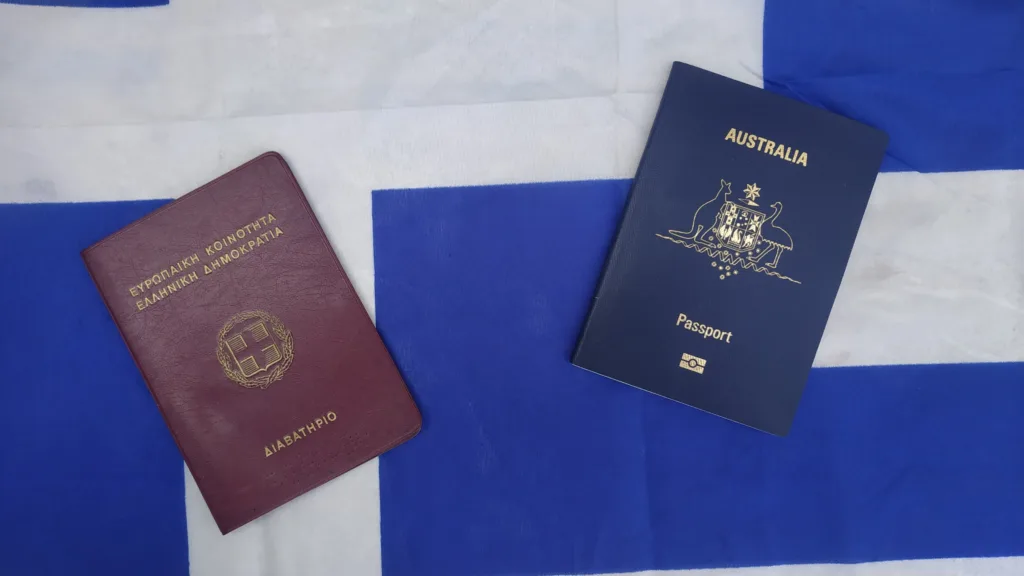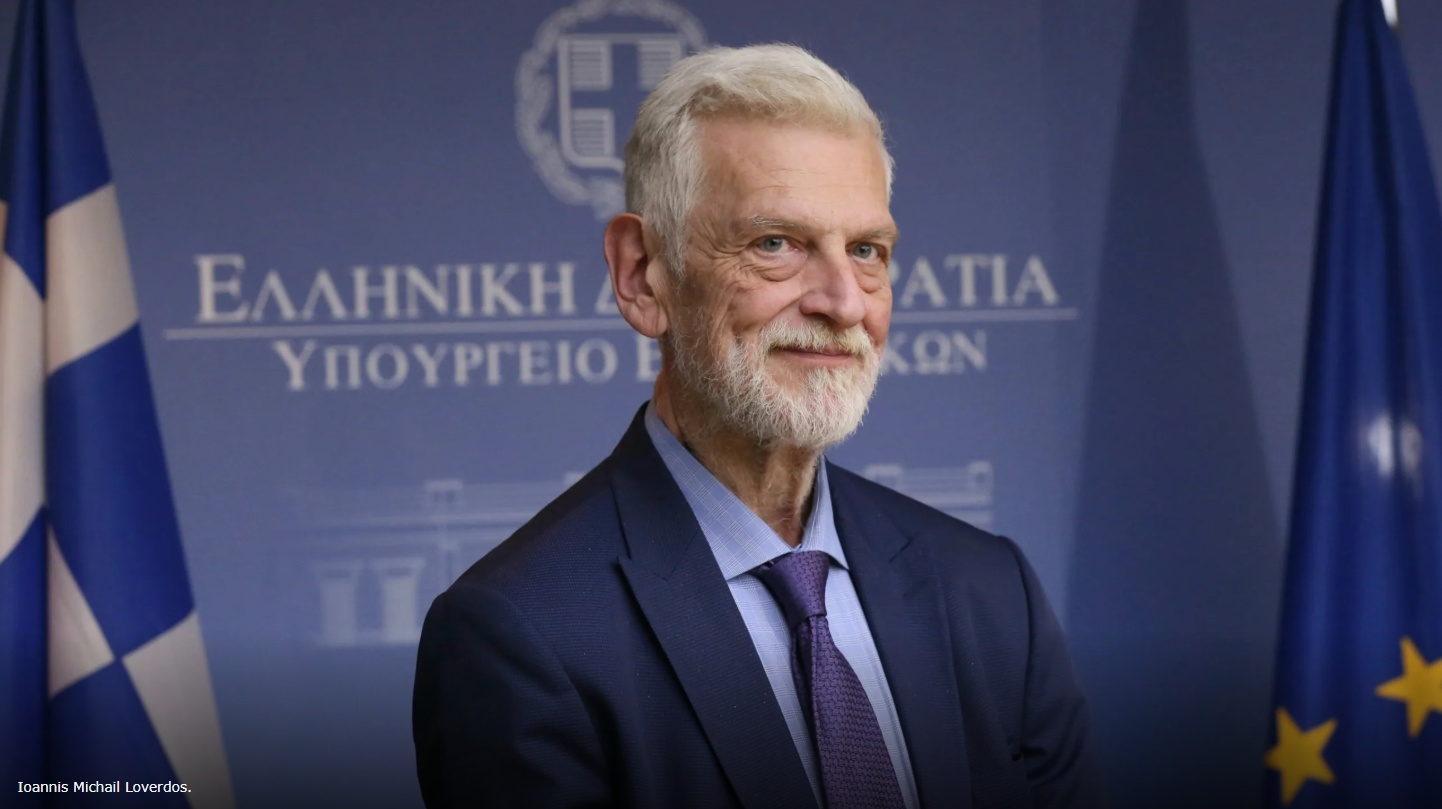The procurement of a Greek passport for Greek Australians is, finally, on its way to becoming more efficient. This reassurance comes from Greece’s new Deputy Foreign Affairs Minister for Greeks Abroad, Ioannis Michail Loverdos who personally responded to my original article, The Greek Passport for Aussies Debacle: Part One, published in The Greek Herald.
In a detailed and candid address, Mr Loverdos acknowledged the concerns raised and outlined the steps the Ministry of Foreign Affairs is taking to improve passport issuance and broader consular services—especially in countries like Australia.
“These are my first few weeks in the new important responsibilities I’ve been honoured with,” he wrote, “pertaining with the Greek Diaspora around the world.” Nonetheless, he wasted no time in addressing the issue: “Improving our consular services worldwide is one of our top priorities at the Ministry of Foreign Affairs,” adding that this is one of the “most urgent” goals in the Ministry’s Strategic Plan for Greeks Abroad.
He confirmed that while many consular appointments globally are “flowing smoothly,” the government is “aware that some of our Consular Authorities, including a few in Australia, need urgent improvements.” However, he cautioned that “this is not a quick-fix issue.”
Mr Loverdos offered a detailed explanation of the existing passport application process. Since the early 2000s, Greek Consulates no longer issue passports directly. Instead, applications are checked locally, then sent via diplomatic pouch to the Hellenic Police in Greece for processing. Once issued, the passports are returned through the same channel. “This process is smooth,” he assured, “but it does take some time, though not as long.”
Importantly, he reiterated a key point for clarity: “Only Greek citizens are entitled to apply for a Greek passport. Greek citizenship is proven through registration in a Municipality in Greece.” Many delays, he said, are caused when individuals—often children or grandchildren of Greek citizens—apply for passports without having completed their municipal registration. “There are cases where, for example, a father or mother applies for a Greek passport, but they have not been registered for two or three generations. These situations can cause delays.”

That said, Mr Loverdos also emphasised that for eligible applicants, the process is becoming significantly more efficient thanks to digital reforms. “Thankfully, this process, which used to take months, is now much quicker,” he said, referring to the retrieval of updated birth certificates from Greek municipalities, which is now handled electronically.
Looking ahead, he described several important initiatives already underway. Among them is the “Citizens’ Registry” (Μητρώο Πολιτών), introduced under Law No. 4674/2020, which allows consular authorities (except honorary ones) to register civil events like births, marriages and deaths “on the spot.” “This is a major step forward,” he stressed, “and we cannot and should not return to outdated methods.”
Another exciting development is the digitalisation of part of the passport issuance process. “We aim to electronically forward passport applications, supporting documentation, and photos directly to the Hellenic Police, bypassing the need for the initial diplomatic pouch procedure,” he explained. This, he said, will “significantly reduce the time it takes to renew or issue a passport.”
To complement these upgrades, a new “Consular Virtual Assistant” using AI has been introduced to answer inquiries online in 19 languages, including Greek and English. The Ministry is also working to increase staffing levels at several consular offices, including in Australia, to address backlogs and improve service delivery.
In Mr Loverdos’ words: “The Greek State is actively working to improve its services to both citizens and non-citizens abroad… We place great importance on strengthening the relationship between Greece and the Greek Diaspora, especially in countries with large Greek communities.”
Though it goes (and went) without saying in Part 1, that the delays we reported referred to those already eligible for Greek passport issuance, Mr Loverdos’ clarification of the application criteria also serves as a helpful guide for new applicants navigating the system for the first time.
Hopefully, with the digitisation of passport administration now on the horizon, these delays will soon become a thing of the past.
